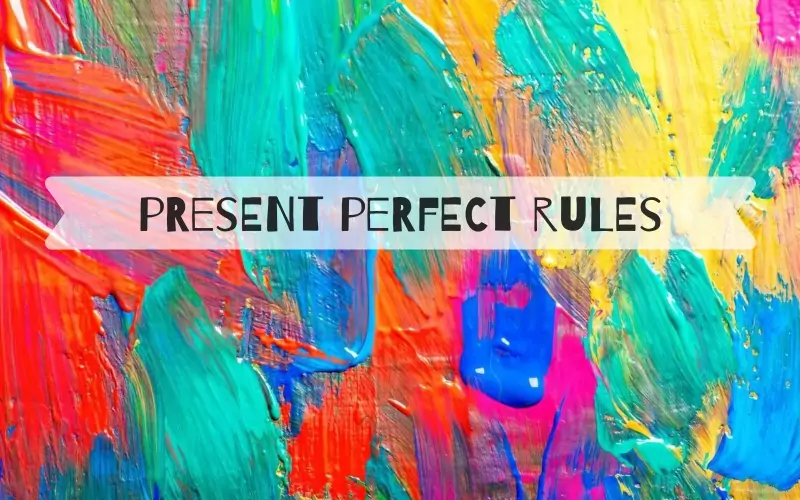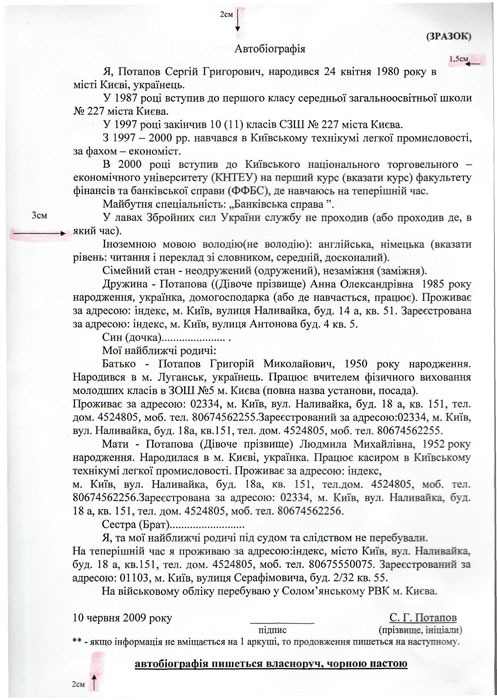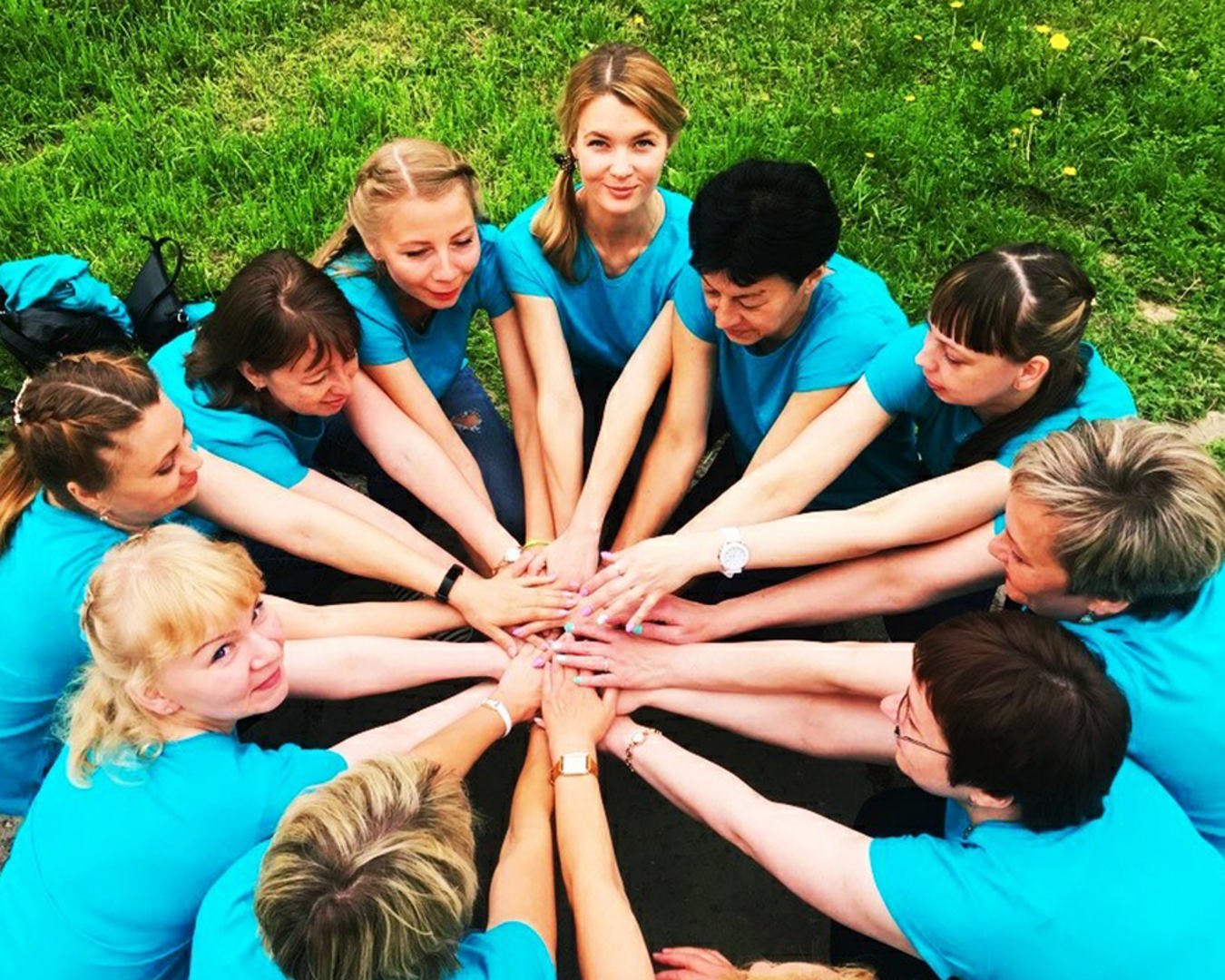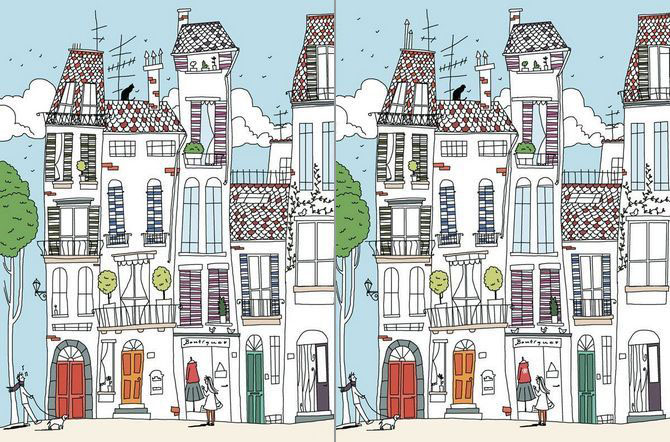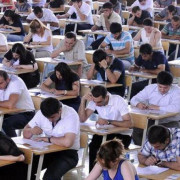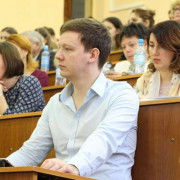Упражнения на модальные глаголы в английском языке для 6
Содержание:
Выражение модальных значений в прошлом
Употребительны сочетания модальных глаголов may, must, could, should, ought to (редко), can (редко) с т.н. «перфектным инфинитивом» для сообщения модальных оттенков действиям в прошлом. Перфектным инфинитивом называют сочетание вспомогательного глагола to have и третьей формы (причастия прошедшего времени) основного глагола: to have seen, to have returned, to have brought.
Обратите внимание, что в таких сочетаниях to опускается, а глагол have практически никогда не произносится полностью, сокращаясь до (иногда это приводит к ошибочным, но фонетически точным написаниям вроде I should of come вместо I should have come). Подобные сочетания обычно выражают оттенок нереальности действия или сомнение в том, что оно осуществилось
Точное значение зависит от семантики модального глагола:
Подобные сочетания обычно выражают оттенок нереальности действия или сомнение в том, что оно осуществилось. Точное значение зависит от семантики модального глагола:
| Глагол | Пример конструкции | Значение | Примеры |
| should, ought to | + I should have done − I shouldn’t have done? Should I have done? | Упущенная возможность, сожаление о (не)сделанном. |
I should have known better. «Надо было думать головой».
She shouldn’t have risked her life. «Ей не стоило рисковать своей жизнью» (но она рискнула). |
| could, can | + I could have done − I couldn’t have done? Could I have done? | Упущенная возможность или сомнение в том, что события произошли именно так, а не иначе. |
He could have said no. «Он мог бы сказать нет» (но не сказал).
She couldn’t have done this! «Она не могла этого сделать!» (это невероятно). Ср.: She couldn’t do it. «Она не могла этого сделать» (была физически неспособна, не умела). |
| might, may, must | + I might have done − I mightn’t have done? Might I have done? | Глаголы выражают разную степень уверенности в том, что описываемые действия (не) произошли. |
He must have gone home. «Скорее всего, он ушел домой).
He may have been here before. «Наверно, он был здесь раньше». You might have ruined the soup. «Кажется, ты испортил суп» (но скорее всего — нет). |
Что такое модальные глаголы?
Модальные глаголы в английском языке — это глаголы, которые обычно выражают отношение субъекта к какому-либо действию, сообщают действию оттенки необходимости, желательности, запрета и т.д. В русском языке наряду с модальными глаголами (например, «хотеть») используется множество модальных слов вроде «должен», «можно», «нельзя» и т.д. В связи с этим значительная часть английских модальных глаголов не имеет точных эквивалентов в русском языке и может переводиться другими частями речи или описательно. Традиционно в английской грамматике модальными считаются прежде всего глаголы, которые:
- имеют абстрактное значение, никогда не используются без смыслового глагола и не сочетаются с дополнением, выраженным существительным (например, глагол can требует второго глагола — I can help you, и не может сочетаться с именем — I can a sandwich)
- не имеют всего ряда временных форм;
- не используют при образовании форм вспомогательных глаголов.
Второй и третий критерии не всегда выдерживаются. Например, модальный глагол to have to имеет практически все временные формы и образует свои формы при помощи тех же вспомогательных глаголов, что и все остальные.Еще одной формальной особенностью «настоящих» модальных глаголов (которые удовлетворяют всем трем критериям) является то, что в начальной форме они указываются без частицы to: can, may, must, might и т.д.
Modal verbs may, might, could, should, ought to, shall, will Test
Тест на may, might, could, should, ought to, shall, will подходит для школьного тестирования: 3, 4, 5, 6, 7, 8, 9, 10 класс. При необходимости изучите соответствующие материалы в разделе Грамматика английского языка.
Выберите наиболее подходящий вариант:
|
1 |
Your jeans are dirty. You ___ wash them. | ||||
|
A |
should |
B |
will |
C |
should to |
|
2 |
Let’s ask Jenny. She ___ know what happened. | ||||
|
A |
ought |
B |
might |
C |
might be |
|
3 |
___ we go to a night club tonight? | ||||
|
A |
Shall to |
B |
Ought to |
C |
Shall |
|
4 |
I don’t like this hotel. We ___ a better one. | ||||
|
A |
will have found |
B |
could have found |
C |
may have find |
|
5 |
My car is broken. Don’t worry, you ___ mine. | ||||
|
A |
may take |
B |
ought take |
C |
might to take |
|
6 |
It’s late already. ___ you see me home, please? | ||||
|
A |
Will |
B |
Ought |
C |
Will to |
|
7 |
You ___ of your health. | ||||
|
A |
may to take care |
B |
ought take care |
C |
ought to take care |
|
8 |
Where’s Dina? She ___ be having a rest in the garden. | ||||
|
A |
might |
B |
ought |
C |
will |
|
9 |
There’s a good film on TV tonight. ___ it? | ||||
|
A |
Ought we to watch |
B |
Shall we watch |
C |
Could we watched |
|
10 |
Jack ___ aggressive at times when he was a little boy. | ||||
|
A |
may be |
B |
could be |
C |
should be |
|
11 |
You ___ us about your delay. | ||||
|
A |
will inform |
B |
should to inform |
C |
should have informed |
|
12 |
I ___ spend my holidays in Italy. I’m not sure yet. | ||||
|
A |
might to |
B |
may |
C |
ought to |
|
13 |
___ the TV, please? | ||||
|
A |
Will you turn off |
B |
Ought you to turn off |
C |
Could you have turned off |
|
14 |
Everyone ___ wash their hands before eating. | ||||
|
A |
could |
B |
ought |
C |
ought to |
|
15 |
___ you a cup of coffee? | ||||
|
A |
Shall I make |
B |
Ought I make |
C |
Will I make |
|
16 |
I’m free tomorrow morning. I ___ you the city. | ||||
|
A |
may have shown |
B |
could show |
C |
shall to show |
|
17 |
Sarah ___ her bag in the shop. | ||||
|
A |
could left |
B |
shall left |
C |
might have left |
|
18 |
There aren’t any free tables. We ___ one in advance. | ||||
|
A |
should reserved |
B |
ought reserve |
C |
should have reserved |
|
19 |
___ you pick up the phone, please? | ||||
|
A |
Ought |
B |
Will |
C |
Might have |
|
20 |
Mary eats too much. She ___ taking exercises. | ||||
|
A |
ought to start |
B |
could to start |
C |
ought start |
|
21 |
The weather promises to be fine. We ___ skiing in the forest. | ||||
|
A |
may have gone |
B |
may go |
C |
shall to go |
|
22 |
We arrived late in the evening. You ___ us at the airport. | ||||
|
A |
will meet |
B |
should meet |
C |
could have met |
|
23 |
The match was extremely exciting. You ___ it. | ||||
|
A |
ought to see |
B |
should have seen |
C |
should seen |
|
24 |
You ___ be asked all sorts of questions. Be ready to answer! | ||||
|
A |
might |
B |
might to |
C |
ought |
|
25 |
Ken didn’t pass the test. He ___ have studied better. | ||||
|
A |
shall |
B |
will |
C |
ought to |
Пройти тест онлайн без регистрации: тест на сравнение модальных глаголов may, might, could, should, ought to, shall, will
Тест по английскому языку на may, might, could, should, ought to, shall, will с ответами
|
1 |
A |
|
2 |
B |
|
3 |
C |
|
4 |
B |
|
5 |
A |
|
6 |
A |
|
7 |
C |
|
8 |
A |
|
9 |
B |
|
10 |
B |
|
11 |
C |
|
12 |
B |
|
13 |
A |
|
14 |
C |
|
15 |
A |
|
16 |
B |
|
17 |
C |
|
18 |
C |
|
19 |
B |
|
20 |
A |
|
21 |
B |
|
22 |
C |
|
23 |
B |
|
24 |
A |
|
25 |
C |
Скачать тест по английскому языку: may, might, could, should, ought to, shall, will в формате pdf – Modal Verbs 2
Дополнительные материалы:
- Модальный глагол May
- Модальный глагол Shall
- Модальный глагол Ought to
- Модальный глагол Should
- Модальный глагол will
Тесты по английскому языку
3 154
Модальные глаголы: упражнения 9 класс
Упражнение 12. Complete the sentences with the correct modal verb in italics:
- You couldn’t / mustn’t / shouldn’t eat so many hamburgers. They’re not good for you.
- You can’t have / don’t have to /mustn’t study at the weekends, except when you have exams.
- You may not / might not /needn’t Everything will be OK.
- You don’t have to /might not/mustn’t use your mobile phone in class.
- Diana looks happy. She can /can have /must have heard some good news.
- I can’t /may not /might not have left my mobile phone at school on Friday afternoon – I had it on Friday night.
- It can /could / couldn’t rain tomorrow.
Упражнение 13. Вставьте подходящий модальный глагол (must / can / should / may)
- I have some free time. I ______ help her now.
- I ______ drive Susan’s car when she is out of town.
- ______ I have a glass of water?
- Anyone ______ become rich and famous if they know the right people.
- You ______ go to this party. It’s very important.
- Bird ______ be known by its song.
- He is coming here so that they ______ discuss it without delay.
- It’s late. You ______ go to bed.
- He ______ have told me about it himself.
Упражнение 14. Rewrite the sentences using modal verbs
1. — Some people just don’t know how to sing. (be able to)
_____________________________________________________________
2. — There’s a chance that she’s in the airport. (could)
_____________________________________________________________
3. — I knew how to ride a horse when I was six. (could)
_____________________________________________________________
4. — John isn’t sure if he is going to Turkey. (might not)
_____________________________________________________________
5. — Do not block the emergency exit. (mustn’t)
_____________________________________________________________
6. — It is dangerous to use mobile phones on the plane. (mustn’t)
_____________________________________________________________
7. — It is necessary to fasten your seat belt for landing and taking off. (must)
_____________________________________________________________
8. -It’s possible that he’ll be there to meet us. (may)
_____________________________________________________________
9. — This is a surprise. Don’t tell anybody about it. (shouldn’t)
_____________________________________________________________
Упражнение 15. Complete the sentences with a suitable modal verb. Use must, don’t have to, might, should, must have, mustn’t, can’t have and shouldn’t.
- You ____________________ drive on the pavement. It’s illegal.
- You ____________________ say that. It’s not nice.
- I ______________________ go to work tomorrow because it’s a public holiday.
- I ______________________ buy this CD, but I’m not sure.
- He’s not here. He _____________________ gone out.
- She didn’t study enough. She _____________________ passed her exam.
- You ____________________ eat more vegetables. They’re good for you.
- You ____________________ be 18 before you can buy alcohol.
Упражнение 16. Write the sentences again without changing the meaning. Use one of the modal verbs in brackets.
- It’s possible Mary saw him. (must / may / can)
Mary ________________________________________________________________________
- I am certain Peter has got lost. (should / could / must)
Peter ________________________________________________________________________
- My advice is that you stop. (should / must / could)
You __________________________________________________________________________
- Perhaps we went to London. (must / can / might)
We __________________________________________________________________________
- I am sure Pierre is French. (can / must / could)
Pierre _________________________________________________________________________
- It’s not possible that Peter kissed Helen. (might not / can’t / should )
______________________________________________________________________________
Ответы к упражнениям на модальные глаголы.
6 КЛАСС
Exercise 1.
1 can, 2 may/may, 3 can, 4 can, 5 may, 6 can, 7 can, 8 can, 9 can, 10 may, 11 may, 12 can
Exercise 2.
1 must, 2 don’t have to, 3 mustn’t, 4 must, 5 mustn’t, 6 don’t have to, 7 must, 8 don’t have to, 9 must, 10 mustn’t, 11 don’t have to
Exercise 3.
1 needn’t, 2 needn’t, 3 needn’t, 4 mustn’t, 5 needn’t, 6 mustn’t, 7 mustn’t, 8 mustn’t, 9 needn’t, 10 mustn’t, 11 needn’t
Exercise 4.
1 must, 2 must, 3 need, 4 need, 5 need, 6 can, 7 must, 8 can, 9 must, 10 can
7 КЛАСС
Exercise 5.
1 must, 2 shouldn’t, 3 don’t have to, 4 needn’t, 5 mustn’t, 6 don’t have to, 7 must
Exercise 6.
1 must, 2 can, 3 may, 4 can, 5 may/can, 6 must
Exercise 7.
1 may, 2 must, 3 must, 4 must, 5 must, 6 may, 7 must
Exercise 8.
1 Could, 2 could, 3 must, 4 must, 5 ought, 6 could, 7 may, 8 must, 9 ought, 10 ought
8 КЛАСС
Exercise 9.
1 May, 2 may, 3 must, 4 must, 5 must/may, 6 must, 7 may, 8 need, 9 need, 10 need, 11 must
Exercise 10.
1 don’t have to, 2 mustn’t, 3 must, 4 doesn’t have to, 5 don’t have to, 6 doesn’t have to, 7 must, 8 mustn’t
Exercise 11.
1 can’t, 2 may not, 3 might, 4 won’t be able, 5 can, 6 can
9 КЛАСС
Exercise 12.
1 shouldn’t, 2 don’t have to, 3 needn’t, 4 mustn’t, 5 must have, 6 can’t, 7 can
Exercise 13.
1 can, 2 may, 3 May, 4 can, 5 must, 6 may, 7 can, 8 should, 9 should
Exercise 14.
- Some people are not able to sing.
- She could be in the airport.
- I could ride a horse when I was six.
- John might not go to Turkey.
- You mustn’t block the emergency exit.
- You mustn’t use mobile phones on the plane.
- You must fasten your seat belt for landing and taking off
- He may be there to meet us. / Нe may meet us.
- This is a surprise. You shouldn’t tell anybody about it.
Exercise 15.
1 mustn’t, 2 mustn’t / shouldn’t, 3 don’t have to/needn’t, 4 might, 5 must have, 6 can’t have, 7 should, 8 must
Exercise 16.
- Mary can /may have seen him.
- Peter must have got lost.
- You should stop.
- We can go to London.
- Pierre must be French
- Peter can’t have kissed Helen.
Надеюсь, вам понравились эти упражнения на модальные глаголы.

